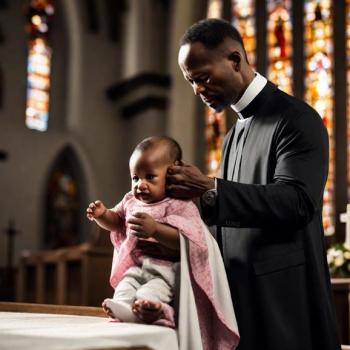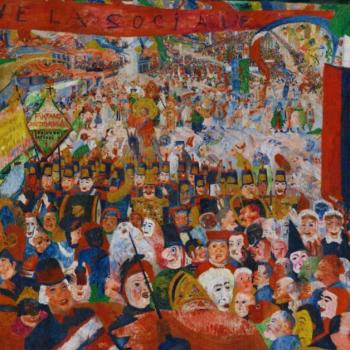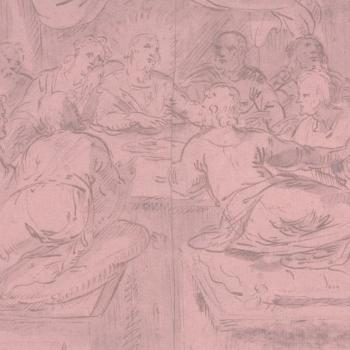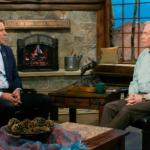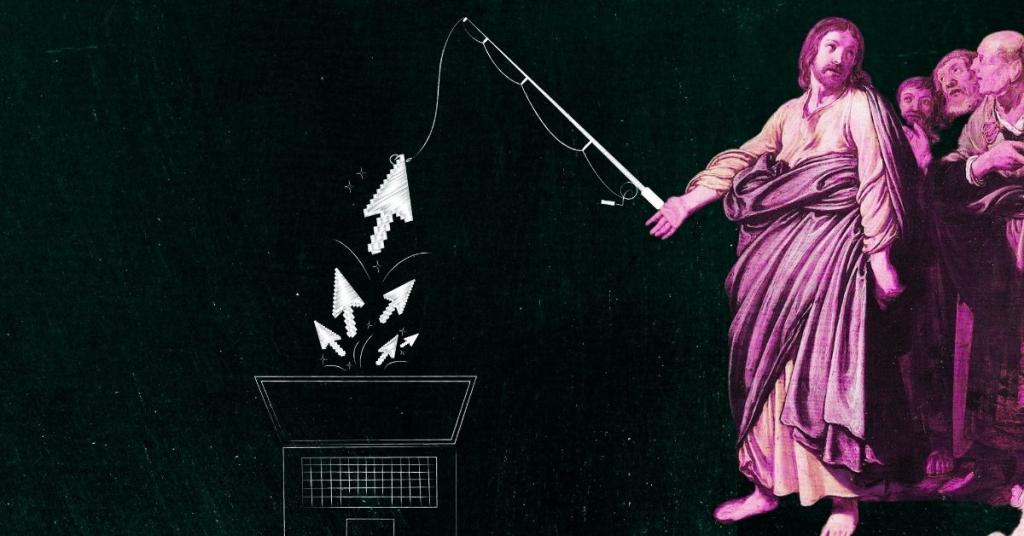
Between John Cooper, The Gospel Coalition and whatever Progressive Christian writer feels like they want to have the sexiest and most provocative title that week, can any of us ever have an honest conversation about true deconstruction? The current dialogue on deconstruction that has been had mostly via online and social media platforms is a vitriolic one. And I get it. A whole generation of people who invested their time, money, energy, relationships – in short, their lives(!), in a form of Christianity that used and abused them are now starting to see what they couldn’t see before. And that is, at the very least, that western Christianity (and western Christianity’s God) simply cannot deliver on its promises. And more than that, depending on one’s church or denominational affiliation, there have been varying degrees of trauma, manipulation, abuse, exploitation, profiteering, and control that continues to be exposed.
In a sense, the vitriol is well deserved. But in another sense, it keeps an open wound open, festering with infection without a way to heal.
There seems to be so much that people are equating with this notion. Are religious trauma and deconstruction the same? Is moving from conservative Christianity to progressive Christianity equivalent to deconstruction? Is a lightbulb moment of one’s initial thoughts of doubt the beginning of deconstruction?
First, let me say this. If you genuinely feel you have experienced trauma, religious or otherwise, you need to find yourself a good therapist specializing in the particular trauma you have experienced. This is not to be minimized in any way.
Secondly, if crimes have been committed and laws were broken, this must be pursued in a court of law. Legal action should be taken, and people must be held accountable.
It is essential to distinguish between mental health and psychological conditions, criminal activity, AND theological movement(s). Often, these things get conflated, and needs aren’t being met appropriately.
The current community claiming the term ‘deconstruction’ is quite opposed to anyone defining the term as they have designated it. However, when we are talking about deconstruction as a theological movement, we must be honest about some things. In the aftermath of this particular deconstruction, there is a reconstruction of another kind of belief. It is usually either a more liberated, inclusive Jesus and/or God, or in some cases agnosticism/atheism, with lots of memes, sarcasm, disdain, and contempt along the way. The issue here is that it is all still on a sliding scale of traditional notions of being and agency, and all one is doing is reacting to whatever else might be on that sliding scale.
Those ‘deconstructing’ are finding more palatable ways of engaging faith that they either don’t want to throw away or they engage it by raging against it. Both are understandable. The issue is neither is deconstruction. If we are serious about deconstruction and if we genuinely want to be radical enough to hop the aforementioned sliding scale, then indeed deconstruction is what we are after, but not as it currently is.
In my last few posts, I’ve written about the post Christian question, l’avenir and event, why a post-secular climate is the hope of the future of God – all of this and more are connected to the event of deconstruction.
There’s so much to say about true deconstruction – as purported and authored by Jacques Derrida and further expanded upon by John Caputo and Mark Taylor. Of course, way too much to give it all up here. And while this concept of deconstruction and all that is (im)possibly connected to it will show up regularly in my writing here, let me say a few things to introduce us further to deconstruction and give us hope in the (im)possibility of its promise (or not).
“Oui, Oui, Sic et non.”[1]
So, a few things Derrida a la Caputo:
“Deconstruction is never merely negative; its desire is never satisfied with “no, no.” Deconstruction is thoroughly mistrustful of discourses that prohibit this and prohibit that, that weigh us down with debts and “don’ts.” Deconstruction is so deeply, and abidingly affirmative – of something new, of something coming – that it finally breaks out in a vast sweeping amen, a great oui, oui – à l’impossible, in a great burst of passion for the impossible.”[2]
Meaning deconstruction is never solely apophatic – it is not exclusively defined by what it is not or even what it interrupts or disrupts. It is highly suspicious of all certainty, epistemology, and knowledge brands. Yet it is always ushering in all that is new, all that is coming – which is all that is impossible.
It is a great risk to wager on the coming of the impossible. But it was Derrida’s wager – the true wager deconstruction asks us to make – the desire for the tout autre – the wholly other. And this goes past and far beyond anything the sliding scale may boast of.
Yet if we desire the wholly other, then “we do not know what we desire.” In fact, “We are all dreaming of an absolute surprise, pondering an absolute secret, all waiting for the tout autre to arrive.”[3]
This is deconstruction – the coming of the waiting and the waiting of the coming of all that is wholly other, which of course, is all that is impossible. Possible has failed, failed utterly and miserably. So, now it is on to the impossible!
To close, Caputo writes, “the business of deconstruction is not to police theologians or anybody else… But to keep things open.” He continues, “deconstruction is not out to undo God or deny faith, or to mock science or make nonsense of literature…”[4]
“Deconstruction is rather the thought, if it is a thought, of an absolute heterogeneity that unsettles all the assurances of the same within which we comfortably ensconce ourselves.”[5]
So, the question then becomes, for me at least, are we brave enough for actual, true deconstruction? Are we courageous enough to approach the coming of the impossible with an openness that will “unsettle all the assurances” of all that we have ever known, surrounded ourselves with, and believed in?
This is the deconstruction wager.
One that is not accepted lightly, and one we find chooses us as much as we think we choose it.
Are you ready to take the wager?
Are you ready to leave the sliding scale in your dust?
Because it is ready when you are.
That’s all for now.
[1] John Caputo, The Prayers and Tears of Jacques Derrida: Religion Without Religion. (Indianapolis: Indiana University Press, 1997) 3.
[2] Ibid.
[3] Ibid.
[4] Ibid, 5.
[5] Ibid, 5.






